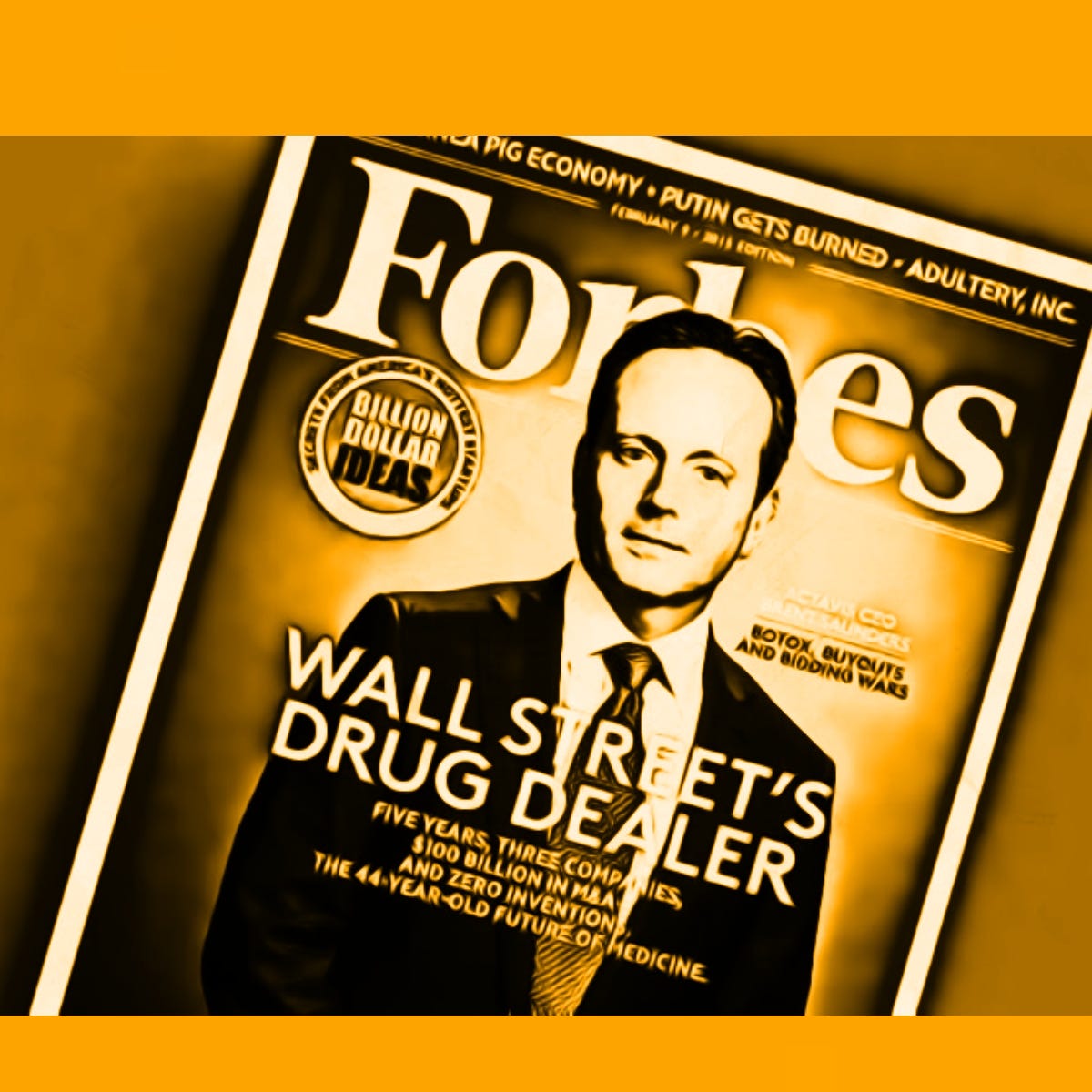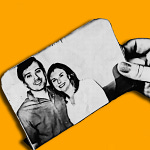When I was a moody teen in the suburbs north of Kansas City, I longed for escape – from both the cattle pastures and soybean fields surrounding my neighborhood and from my insecurities. I wanted to become a confident, sophisticated woman of the world, and I assumed that meant I had to change everything about my nerdy, awkward, unpolished self to do it.
As soon as I graduated from college, I looked for journalism jobs that were as far away from Missouri as I could get. First, I worked as a reporter in Hyannis, Massachusetts. Then I moved to Tucson, Arizona. Finally, I landed in New York, where I hustled into the upper tiers of the news media.
But there was a problem. I couldn’t outrun my fear of being rejected by moving to new cities and landing increasingly impressive jobs. As much as I tried to blend in with the ruthlessly achieving, designer heel-wearing, socially strategic “girl boss” types who surrounded me at Bloomberg, I felt like an imposter – a secret geeky rube. I was terrified of saying or doing something “weird” around the “important people” that would be off-putting or otherwise blow up my place.
Then I faced a stark choice: Stay on that path and keep my big media job or go off-roading and do something that satisfied the deepest, most passionate, ungovernable, non-conformist parts of myself. I chose myself. No matter how it “would look” to everyone else, I wanted to pursue my feelings for a wayward, hopelessly immature, dysfunctional man…and try to help him be better.
Like magic, when I finally admitted to myself that I loved Martin Shkreli, even though I knew perfectly well a person in my shoes was not supposed to love Martin Shkreli, I was free. I no longer cared what the status-obsessed people in my profession thought of me. They could judge me however they wanted, however loudly they wanted, and I could handle it.
Unfortunately, Martin has not had a similar awakening. Like me, he always seems like he’s trying to escape his insecurities instead of confronting them. Rather than size himself up honestly, admit his priorities and weaknesses, and plan accordingly, he just plunges forward until the going gets too difficult or too tedious. Then he looks for a shortcut. Or he drops what he’s doing and starts fresh with something novel and instantly gratifying – like a new project, a new business concept, new business partners, and maybe a new girlfriend…or girlfriends.
Many friends, colleagues, investors, business associates, and former mentors (and plenty of former girlfriends) have been burned by Martin’s flakiness. But one ex-mentor of his had an experience I found especially intriguing.

Brent Saunders, currently chairman and CEO of Bausch + Lomb and one of the pharmaceutical industry’s most well-regarded executives, tried to take a young Martin under his wing during the MSMB hedge fund days and the early period of Retrophin. The relationship could have been a life-changing connection for any struggling young entrepreneur. But Martin being Martin, he f*cked it up. The story of how it all came unraveled revealed Martin’s self-destructive pattern in high relief.
Understandably keeping his distance, Saunders has never spoken in the press about his personal dealings with the “Pharma Bro” – although he has publicly denounced Martin’s price-hiking. He also didn’t testify during Martin’s securities fraud trial. However, he was a critical off-screen character in Martin’s ascent, and he was interviewed by the FBI during the investigation.
According to the agents’ notes, which have never before been made public, Saunders…












